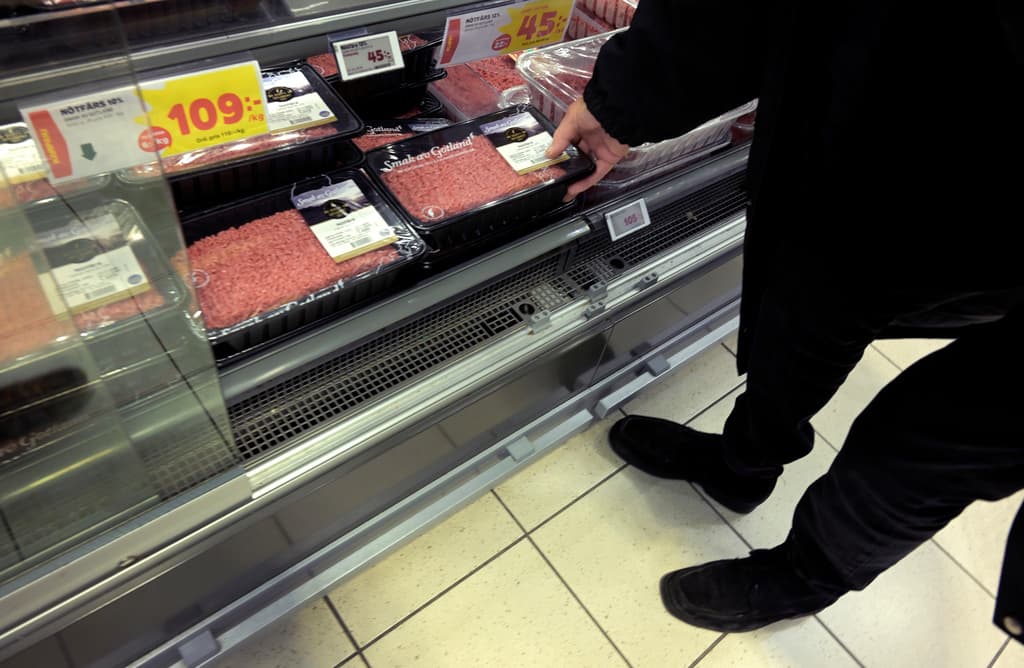You pay more for food than you need to, shows the Swedish Competition Authority's latest review of the food industry.
The reason?
There are deficiencies in competition in several aspects of the industry, notes Martin Bäckström, unit manager at the Swedish Competition Authority (KKV).
Lack of competition in the food chain affects price tags in the country's food stores. According to the authority, the consequence is that the money "does not always end up where it is needed to promote new establishments, investments, and increased production".
Paying more
Too few players in the daily goods trade and processing industry lead to problems, notes Bäckström.
Consumers pay more than they would need to, and the money does not end up in the channels that would stimulate production or new actors to enter the market, he says to TT.
In the review, prices of products such as butter, bread, eggs, chicken, cooking oil, potatoes, and cheese have been examined. The Swedish Competition Authority concludes that the peak of price increases for food was reached in March 2023. Since then, prices have remained at a high level.
The largest price increases have occurred in the supplier segment, but the daily goods trade has simultaneously been able to increase profit margins, according to the report.
Karin Brynell, CEO of Svensk Dagligvaruhandel, questions how the Swedish Competition Authority came to the conclusion that margins would have increased in the industry.
We do not agree. In all financial reports, we see that profit margins have decreased.
Increased costs for stores
Karin Brynell believes that the Swedish Competition Authority's review only takes into account the gross margin. But a store has many more costs that also affect a food item's price tag.
A store also has interest costs.
Then they abolished the reduction of employer contributions for young people, and we have got increased transport costs, she continues.
No low-price stores
The industry organisation finds it difficult to predict lower food prices in the future – the question depends on the development of our currency and interest rates, explains Brynell.
The Swedish Competition Authority proposes measures that are believed to have an impact in the long run. Among other things, the authority wants to be able to stop acquisitions on local markets.
Furthermore, the country's municipalities would need to create more retail spaces, which would contribute to better competition.
In about 90 municipalities, there is a lack of low-price stores, notes Bäckström.






